The Importance of Blood Pressure Monitoring in Oral Surgery
Blood pressure monitoring is a vital part of medical care, and oral surgeons routinely check patients' blood pressure before performing procedures. This practice ensures patient safety by identifying potential health risks that could complicate surgery. High or uncontrolled blood pressure can increase the risk of bleeding, complications from anesthesia, and postoperative recovery issues.
In the United States, where cardiovascular diseases are common, checking blood pressure is standard protocol in many healthcare settings, including oral surgery clinics. Understanding why oral surgeons check blood pressure helps patients appreciate the thoroughness of preoperative assessments and the emphasis on minimizing surgical risks.
How Oral Surgeons Use Blood Pressure Readings to Enhance Safety
1. Assessing Readiness for Surgery
Oral surgeons rely on blood pressure readings to evaluate whether a patient is medically stable enough to undergo surgery. If a patient’s blood pressure is elevated beyond safe limits, surgeons may delay the procedure or require consultation with a primary care physician or cardiologist to manage the condition first.
This precaution reduces the risk of intraoperative complications such as hypertensive crises, stroke, or heart attacks. By monitoring blood pressure, oral surgeons tailor anesthesia plans and surgical techniques to each patient’s health profile, improving outcomes.
2. Tailoring Anesthesia and Medication
Blood pressure levels influence the type and dosage of anesthesia administered during oral surgery. For example, patients with hypertension may require modified sedation protocols to avoid excessive cardiovascular stress. Additionally, knowing blood pressure helps surgeons decide on pain management and post-surgical medications that won’t interfere with cardiovascular health.
Close monitoring before and during surgery allows the surgical team to respond promptly to any changes in vital signs, ensuring a safer experience.
What to Expect During Blood Pressure Checks at Oral Surgery Appointments
3. Routine Measurement Protocols
When you visit an oral surgeon, blood pressure measurement is typically one of the first steps. A nurse or medical assistant will use a cuff to measure your blood pressure, which takes only a few minutes and is painless. This quick check is repeated if initial readings are abnormal to confirm results.
The data is recorded as part of your medical history and used by the surgeon to guide clinical decisions. Patients may also be asked about their cardiovascular history, medications, and any symptoms like dizziness or chest pain.
4. Managing High Blood Pressure Detected Before Surgery
If elevated blood pressure is found, oral surgeons work closely with patients and their doctors to manage the condition. This may involve adjusting medications, lifestyle recommendations, or postponing elective procedures until blood pressure is controlled.
Cases exist where surgery was safely rescheduled after hypertension management, allowing patients to proceed without unnecessary risk. This collaborative approach highlights the importance of comprehensive health screening.
Real Patient Experiences Illustrating the Role of Blood Pressure Checks
Jessica, a 45-year-old from California, was preparing for wisdom tooth extraction when her oral surgeon discovered her blood pressure was unexpectedly high. The procedure was postponed, and she was referred to her physician. After several weeks of medication and lifestyle changes, Jessica’s blood pressure normalized, and the surgery was completed successfully without complications.
Her story emphasizes how blood pressure monitoring can prevent emergencies and improve patient safety in oral surgery.
Additional Health Screenings Oral Surgeons Perform Alongside Blood Pressure Checks
Blood pressure is just one aspect of preoperative evaluation. Oral surgeons may also check heart rate, oxygen levels, and ask detailed health history questions. This holistic assessment helps identify any other risk factors that could impact surgical outcomes, such as diabetes or bleeding disorders.
Maintaining open communication about your health and medications ensures the surgical team can provide the safest care possible.
For patients seeking expert oral surgery care with comprehensive health screenings, Dentistry Toothtruth offers trusted recommendations and services to guide you through every step of the process safely and confidently.

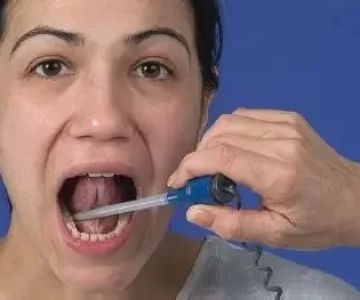
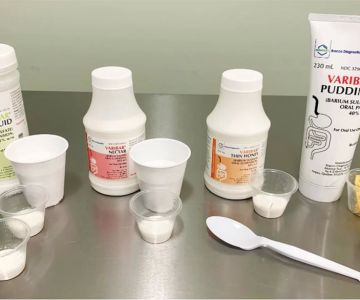
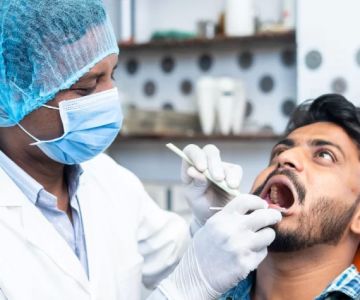

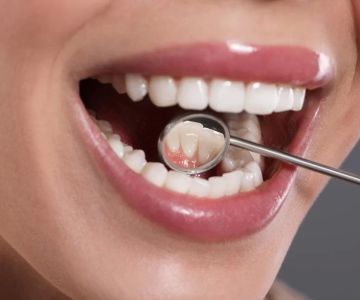
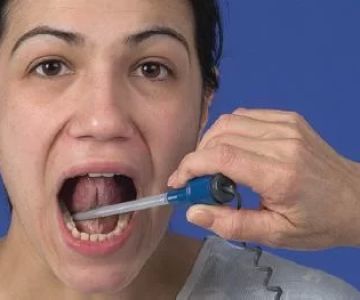
 Smile Central Dental4.0 (506 review)
Smile Central Dental4.0 (506 review) Ernstberger Orthodontics5.0 (326 review)
Ernstberger Orthodontics5.0 (326 review) Dr. Rosemary Villa4.0 (34 review)
Dr. Rosemary Villa4.0 (34 review) Diamond Braces Orthodontist: Braces & Invisalign5.0 (1 review)
Diamond Braces Orthodontist: Braces & Invisalign5.0 (1 review)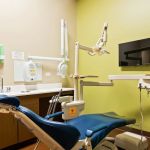 Dental Solutions of Cedarbrook4.0 (501 review)
Dental Solutions of Cedarbrook4.0 (501 review) Parkway Dental Associates0.0 (0 review)
Parkway Dental Associates0.0 (0 review) The Importance of Oral Health Education During Pregnancy for a Healthy Pregnancy
The Importance of Oral Health Education During Pregnancy for a Healthy Pregnancy Best Tips for Brushing Your Teeth Properly for Healthy Gums: Essential Techniques for Oral Health
Best Tips for Brushing Your Teeth Properly for Healthy Gums: Essential Techniques for Oral Health Why Skipping Dental Checkups Can Lead to Bigger Oral Health Problems
Why Skipping Dental Checkups Can Lead to Bigger Oral Health Problems Advantages of Porcelain Dental Restorations
Advantages of Porcelain Dental Restorations How Can Diabetes Cause Tooth and Gum Problems? Preventing and Managing Oral Health Issues
How Can Diabetes Cause Tooth and Gum Problems? Preventing and Managing Oral Health Issues Healthy Habits for Promoting Good Oral Health and Hygiene: Tips for a Healthy Smile
Healthy Habits for Promoting Good Oral Health and Hygiene: Tips for a Healthy Smile